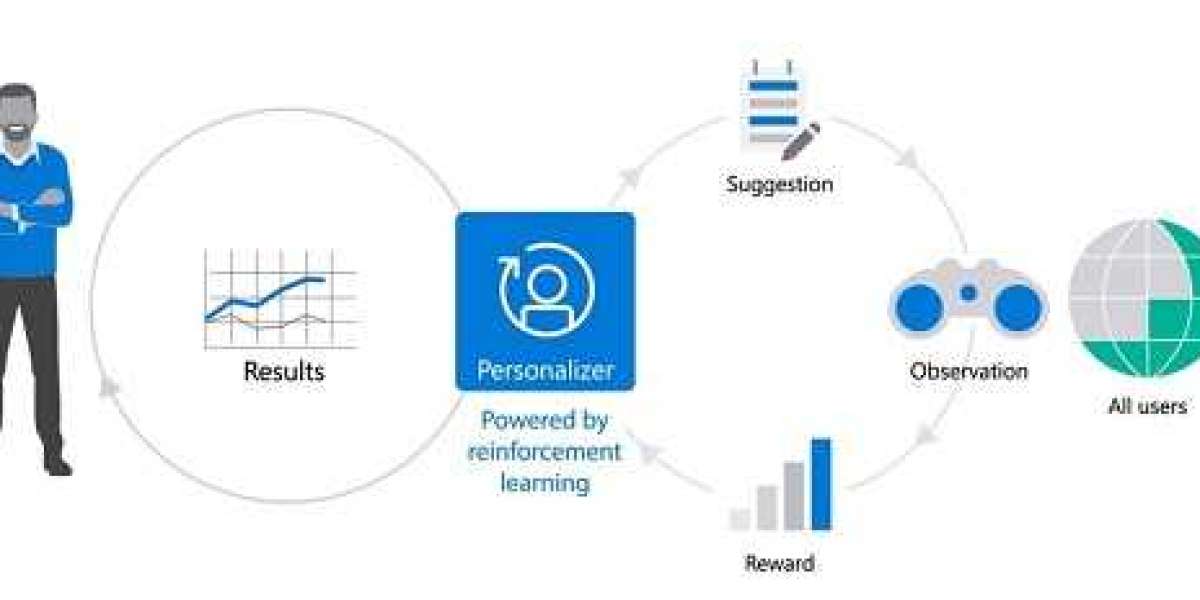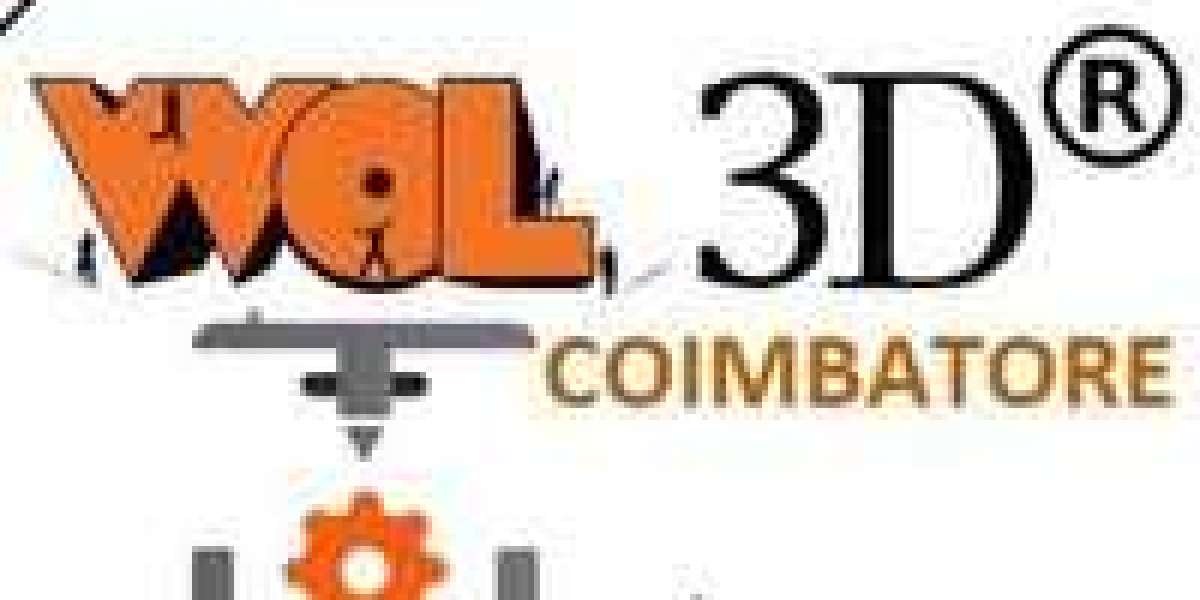Linear algebra is a cornerstone of mathematics, with applications ranging from computer science and engineering to economics and statistics. Mastering linear algebra can open doors to understanding complex systems and solving real-world problems. However, assignments in this field can be challenging due to the abstract nature of the concepts. If you're seeking Linear Algebra assignment help, this guide will provide you with essential tips and resources to excel.
Understanding the Basics
Before diving into assignments, it's crucial to have a solid grasp of the fundamental concepts of linear algebra:
Vectors and Matrices:
- Vectors: Objects that have both magnitude and direction. Understand vector addition, scalar multiplication, and dot product.
- Matrices: Rectangular arrays of numbers. Learn matrix operations, including addition, multiplication, and finding inverses.
Systems of Linear Equations:
- Solving Methods: Methods such as Gaussian elimination, substitution, and matrix inversion.
- Row Reduction: The process of simplifying matrices to row echelon form or reduced row echelon form.
Determinants:
- Properties: Key properties of determinants and their role in solving systems of linear equations.
- Calculation: Techniques to calculate the determinant of a matrix.
Eigenvalues and Eigenvectors:
- Definitions: Understand what eigenvalues and eigenvectors are and how they are calculated.
- Applications: Their importance in various applications, including stability analysis and diagonalization of matrices.
Vector Spaces:
- Subspaces: Concepts of subspaces, bases, and dimensions.
- Linear Independence: Understanding linearly independent sets and spanning sets.
Orthogonality:
- Inner Product: Definition and properties of inner products.
- Orthogonal Vectors and Projections: Techniques for finding orthogonal projections and orthonormal bases.
Effective Study Techniques
Active Learning: Engage actively with the material by solving problems, creating summaries, and visualizing concepts through graphs and diagrams.
Practice Problems: Regularly work through a variety of problems to apply linear algebra theories and concepts to different contexts.
Group Study: Form study groups to discuss and solve linear algebra problems. Explaining concepts to others and hearing different viewpoints can deepen your understanding.
Use Software Tools: Leverage mathematical software like MATLAB, Mathematica, or Python (with libraries like NumPy and SciPy) to perform matrix operations and visualize data.
Online Resources and Tools for Linear Algebra Assignment Help
Online Courses: Platforms like Coursera, edX, and Khan Academy offer courses on linear algebra and related fields. These courses provide structured learning and supplementary material for your studies. Notable courses include:
- "Linear Algebra" by MIT OpenCourseWare.
- "Essence of Linear Algebra" by 3Blue1Brown on YouTube.
Professional Journals and Articles: Reading articles from journals such as the "Journal of Linear Algebra and its Applications" can provide insights into current research and best practices in the field.
Textbooks and E-Books: Refer to standard textbooks like "Linear Algebra and Its Applications" by David C. Lay, "Introduction to Linear Algebra" by Gilbert Strang, and "Linear Algebra Done Right" by Sheldon Axler for in-depth understanding.
Tutorial Websites: Websites like Khan Academy, Paul's Online Math Notes, and MIT OpenCourseWare offer tutorials, articles, and resources on various linear algebra topics.
Online Forums and Communities: Join online communities like Reddit’s r/learnmath, Stack Exchange (Mathematics), and Physics Forums to seek help, share knowledge, and discuss industry trends.
Additional Tips for Success
Stay Organized: Keep your notes, textbooks, and research materials well-organized. Use digital tools like Evernote, Notion, or Trello to manage your study schedule and assignments efficiently.
Understand Practical Implications: Relate theoretical concepts to real-world applications in engineering, physics, computer science, and other fields. This makes the material more interesting and easier to understand.
Seek Help Early: If you encounter difficulties, don’t wait until the last minute. Reach out to your instructor, peers, or online resources for assistance.
Stay Updated: Linear algebra is a dynamic field. Stay updated on recent developments, emerging trends, and best practices through continuous learning and professional development.
Conclusion
Mastering linear algebra requires a solid understanding of fundamental concepts, active engagement with the material, and effective use of resources. By following these tips and leveraging available tools for Linear Algebra assignment helper, you can tackle your assignments with confidence. Remember to stay organized, seek help when needed, and apply theoretical knowledge to practical scenarios. With persistence and dedication, you’ll excel in this challenging and rewarding field.








